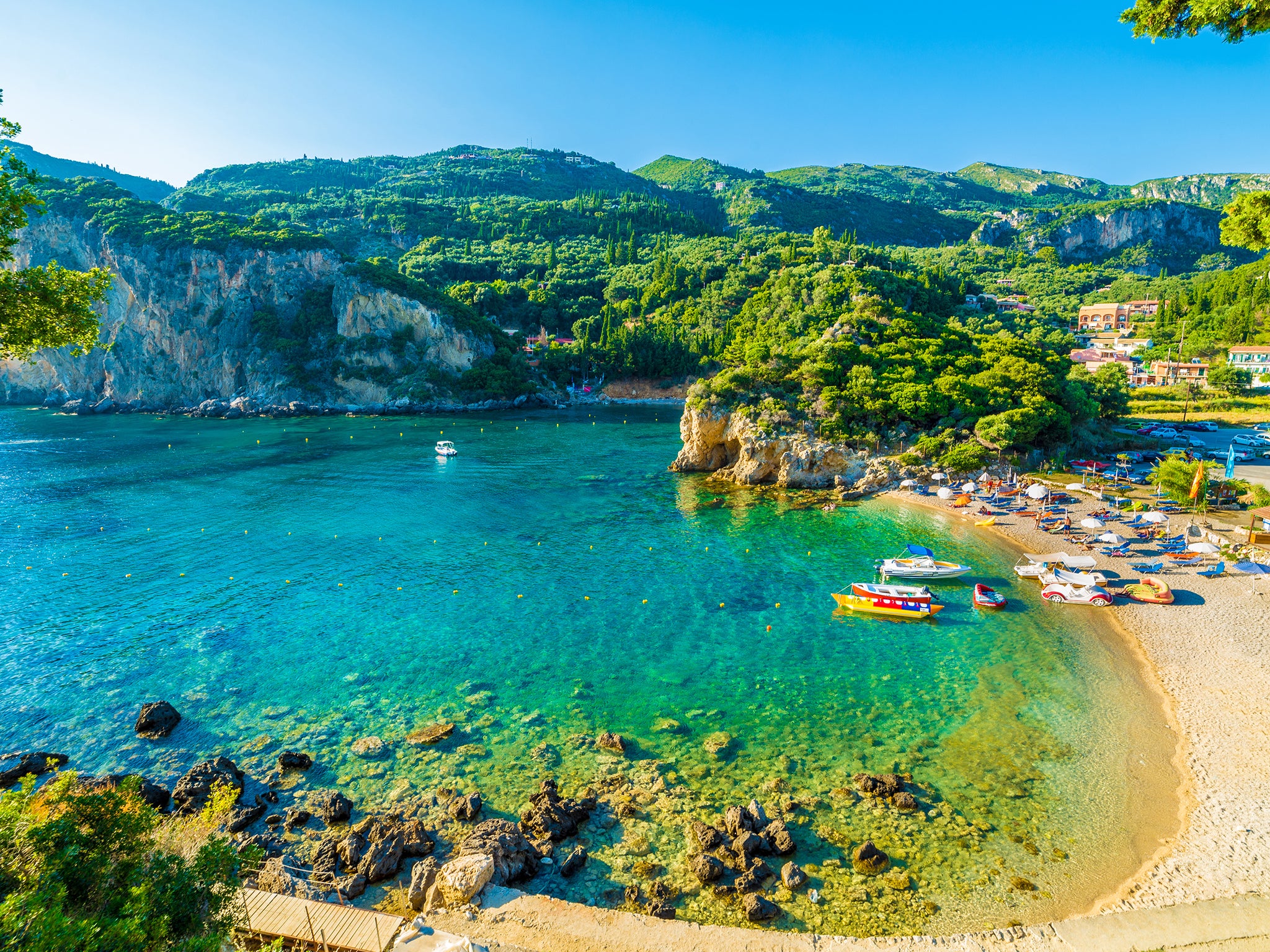The travel and tourism industry needs to be able to get moving again
The number of jobs the sector provides, as well as the transfer of wealth from country to country, is important, writes Hamish McRae. But there is also the environmental impact to consider


The travel and tourist business is the world’s biggest industry and it has taken one of the hardest hits during the Covid-19 pandemic. So we need to get people moving again.
The world economy as a whole is probably back to its previous peak output. We don’t have numbers yet, but several forecasters, including Deloitte, think that the US will be there by the end of the second quarter, which means this week. China we know is well up on last year, and while Europe, the UK and Japan are still down, the US recovery should mean that world as a whole is square. But some parts are not, and the travel and tourist industry is the biggest loser. This is an economic disaster, but it is also a social one.
Before the pandemic struck travel and tourism accounted for 10.4 per cent of global GDP (for the UK it was slightly higher at 10.9 per cent, for the US a bit smaller at 7.8 per cent). But last year the industry halved to 5.5 per cent of GDP, roughly the same as the overall contraction in the world economy.
The World Travel and Tourism Council reckons that global employment in travel and tourism fell from 334 million to 272 million – a loss of 62 million jobs. Many of these jobs are middle-skill ones, for the industry has huge capacity to mop up people who might otherwise be unemployed. The industry is slowly recovering but there is a danger than there will be another lost summer in Europe, given the spread of the Delta variant.
The economic damage is pretty clear. Thus within Europe, Greece generates 20 per cent of its GDP from tourism, and Portugal 19 per cent. But think of it also in social terms. They are among the two poorest countries in Europe, so when a Briton or someone from Germany goes there, they are transferring wealth from the north to the south. That applies even more dramatically when the wealth is transferred to countries in other parts of the world.
Before the pandemic, Africa, the poorest continent, was the second-fastest growing tourist region in the world after Asia/Pacific. Morocco and South Africa head the list for tourist arrivals but the Jumia Hospitality Report forecast that Nigeria would become the hottest market in the future, with arrivals growing at 12 per cent compound.
The key point here is that international tourism may seem to be a luxury, in that people don’t need to go abroad for a holiday. But there are three arguments about what travel can do. One is that people in any decent society should be free to make their own choices as to how they should spend their earnings. The second is that international tourism makes for greater equity in the world, in that it transfers money across areas. And the third is that while we should all be cautious about the idea that travel broadens the mind, seeing how other people live is surely a life-enhancing experience.
But anyone advocating international tourism has to answer one concern: its impact on the environment. If you travel you are increasing your environmental footprint, however you make the journey. There is no getting away from that. The industry is making efforts to contain some of that impact. Each new generation of aircraft is more efficient than the previous one, with the fuel burn per seat mile falling by more than one per cent a year. But if you fly somewhere you do use energy – and many would argue that companies are not moving fast enough to deal with the problem.
What else might you have done with that money? Virtually all activity involves some use of energy. Suppose you save money from a foreign holiday and spend it on a new car – that requires energy to manufacture, aside from all the materials that go into it. Or you buy some clothes – energy again. There are carbon offset schemes that, for all their flaws, enable people to travel with a somewhat clearer mind. And it is worth adding that the conservation of a number of rare species in Africa is funded, to an extent, by tourism. The collapse in the numbers of visitors has, as The Independent reported in March, brought a crisis in wildlife conservation.
There are so many reasons for hoping that the world’s largest industry can recover. Of course travel has to be made safe. But the industry knows that. The airlines are probably the most safety-conscious industry in the world. More work also has to be done on the environmental impact of travel – and travellers need to be conscious of their choices. But we need to get moving again.



Join our commenting forum
Join thought-provoking conversations, follow other Independent readers and see their replies
Comments